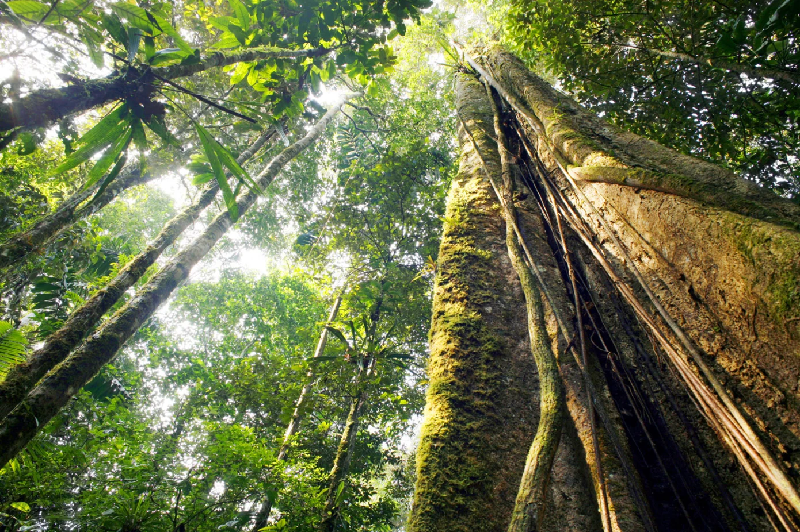In Short : Saudi Arabia is making significant strides in promoting carbon offset initiatives through the establishment of an offset exchange. This platform serves as a crucial mechanism for businesses and industries to invest in projects that reduce or capture carbon emissions, thereby offsetting their own carbon footprint. By fostering a marketplace for carbon offsets, Saudi Arabia aims to incentivize sustainable practices and accelerate the transition to a low-carbon economy. This proactive approach underscores the nation’s commitment to addressing climate change and promoting environmental stewardship.
In Detail : Saudi Arabia is pushing ahead with its plans to launch a voluntary carbon exchange in the middle of next year with an eye on increasing the role of the global south in worldwide efforts to reduce emissions.
Riham el-Gizy, CEO of the Riyadh-based Regional Voluntary Carbon Market Company (RVCMC), said she sees signs of both increased supply and increased demand for carbon credits.
In an interview with Energy Intelligence on the sidelines of the Future Investment Initiative conference in Riyadh this week, el-Gizy stressed the importance of the global south in broader decarbonization efforts.
“The global south is key to debottlenecking climate action,” she said. “We want to be one of the biggest companies globally by 2030 led by the global south.”
Companies purchase carbon credits as a way to offset their own emissions. Credits are typically generated by methods of “avoiding” carbon that might have otherwise been emitted, or of removing it with nature-based solutions or “engineered” methods like direct air capture.
Offset Scrutiny
The voluntary carbon market has been subject to intense scrutiny of late and has proven controversial amid accusations that the vast majority of certified credits do virtually nothing to reduce net global emissions.
RVCMC, which is 80% owned by Saudi Arabia’s Public Investment Fund and 20% by Saudi Tadawul Group, sold 2.2 million tons of credits at an auction in Nairobi, Kenya, in June this year.
RVCMC says it “offered high-quality Corsia-eligible and Verra-registered carbon credits” drawn from “18 projects representing a mix of CO2 avoidance and removal, including projects such as improved clean cookstoves and renewable energy projects.”
A total of 16 purchasers participated in the auction, including state Saudi Aramco, financial institutions and industrial firms. The “clearing price” was 23.50 riyal ($6.26) per ton of carbon credits, RVCMC said in June.
The June auction followed a similar event in Saudi Arabia in October 2022 in which 1.4 million tons were sold off.
Focus on the Global South
El-Gizy said 70% of the basket of credits sold in the auction in Nairobi stemmed from climate projects in Africa.
She said she further expects the Middle East and North Africa (Mena) region’s share of carbon-offset-generating projects to grow.
“When we looked at the Mena region [about a year ago] there was zero supply and zero demand … now our global share reached 3%,” she said.
RVCMC will be launching a carbon-credit trading exchange in mid-2024 and plans to establish a fund to invest in climate projects, el-Gizy said.
The company also plans to launch an advisory service to work with companies looking to purchase carbon credits and invest in training more people in decarbonization initiatives.
Overall, the voluntary carbon-offset market is expected to grow from around $2 billion in 2022 to about $100 billion in 2030 and around $250 billion by 2050, according to a recent report by Morgan Stanley.
The investment bank estimates that the world must remove at least 1 gigaton of CO2 per year by 2030 in order to meet climate targets under the Paris agreement.

